So what eggs should you be eating? Well there are a few things that you should consider when choosing eggs such as what kind of quality you want, organic or regular eggs and free-range vs cage.
We will break everything down in this article and leave no stones unturned.
Egg Nutrition Facts
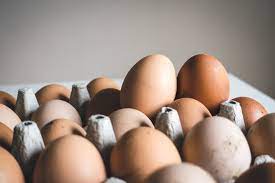
One Medium Sized Egg:
- Calories: 77
- Protein(g): 6,8
- Fat(g): 5,5
- Carbs(g): 0,2
One Egg White:
- Calories: 16
- Protein(g): 3,7
- Fat(g): 0
- Carbs(g): 0
One Egg Yolk:
- Calories: 61
- Protein(g): 3,2
- Fat(g): 5,5
- Carbs(g): 0,2
Eggs contain several vitamins that is essential for the body such as vitamin A, vitamin B5, vitamin B12, vitamin B2, vitamin B6, vitamin E and vitamin K.
It also contains choline which helps keep the nervous system healthy. Choline also promotes memory development.
You will also find antioxidants in eggs such as lutein and zeaxanthin that are good for eye health.
Minerals like zinc, iron and copper can also me found in eggs.
Should You Eat Egg Whites or Egg Yolks?
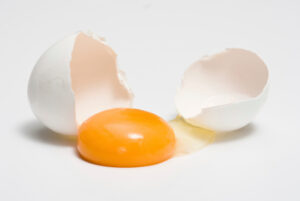
As you can see the egg white is low in calories and high protein which makes it great for losing weight. Egg white is also benefitial for athletes who need to limit their calorie intake while getting high value protein.
The egg yolk on the other hand contains most of the eggs calories, almost the same amount of protein and all the fats. But also high in cholesterol. So if you have high cholesterol or family history with heart disease then you should consult your doctor before considering eating the yolk. Maybe the egg white will be a healthier choice for you.
For a healthy person there should not be a problem to eat the whole egg.
So How Many Eggs You Can Consume on a Keto Diet?
While there isn’t an exact number of eggs you can eat per day on a keto diet, it’s important to eat a balanced diet to keep yourself healthy. I would say it’s fine to eat 1 – 3 eggs per day.
Free-Range Eggs or Cage Eggs?

Studies show that if hens are free-range with the option to choose their food then their eggs can have higher nutritial value than hens in cages.
It’s also shown that free-range hens give higher vitamin D values because they are exposed to the sun more.
So picking free-range eggs are a good option for maximum nutritional value.
Organic Eggs or Not?
Organic eggs is a better version of free-range eggs. Hens are fed with organic feed and are not allowed to be fed with genetically modified foods. Antibiotics are only used for infections.
If you have the budget then you should consider organic eggs.
Grades
There are three different grades when it comes to eggs.
U.S. Grade AA: Best egg money can buy. They are almost perfect. Great unbroken shell, thick and firm egg white while the yolk is high and round.
U.S. Grade A: These eggs are the ones you often buy from the store. They do not have as good interior quality as grade AA eggs but they have about the same exterior quality.
U.S. Grade B: These eggs have the lowest quality of the three grades and are often used for luquid , dried or frozen egg products.
All eggs are safe to eat but suit different dishes
Does The Color Of The Eggshell Matter?
The color of the eggshell does not matter it is simply the breed of the hen that will decide the color of the eggshell. The most common colors are brown or white.
Why Can The Yolk Have Different Colors?

The color of the yolk is a result of the hens diet. There are no studies showing that a darker yolk or a ligher yolk would contain more nutritional value than the others.
As stated earlier, if you want eggs with more nutritional value then you should choose organic eggs.
How To Store Eggs
Always store the eggs in the original cartoon for the best protection and to help keep the yolk centered. Store the eggs in a refrigerator to keep them cool at all times.
According to FDA you can store and use eggs within 3 weeks for maximum quality.
Just remember to store the eggs in the main body of the refrigerator and not in the door. Doing this ensures the safety of the eggs.
Try and store the eggs at a temperature of 40° F or below.
How To Check If an Egg is Good or Bad
Take a bowl of water and place the egg in the water. If the egg stays at the bottom on it’s side the egg is still fresh but if the egg tilts upwards while beeing on the bottom or floats it’s old and should not be eaten.
What About Salmonella?
You can reduce the change of catching salmonella by bying refrigerated eggs and then storing them yourself in refrigerator at 40°F or colder.
Discard cracked eggs or dirty eggs.
Egg shells can be contaminated with salmonella from the hen poop.
Examples Of Egg Dishes You Can Make

Here is a short list of dishes you can make with eggs:
- Scrambled eggs
- Boiled eggs
- Fried eggs
- Egg salad
- Keto-friendly pancakes
- Avocado egg cups
- Crustless mini quiche
You can find the keto-friendly pancake recipe in our free 28 Day Keto Diet Meal Plan.
Conclusion
Eating eggs on a Keto Diet is very benefitial as it contains high protein, high fats, low carbs and many essential vitamins and minerals for your body.
Choosing organic eggs is a good option to ensure that the hens have optimal living conditions giving the eggs higher nutritional value. GMO-free.
Remember that even tho eggs are great on a Keto Diet you still need to eat a balanced diet to stay healthy.
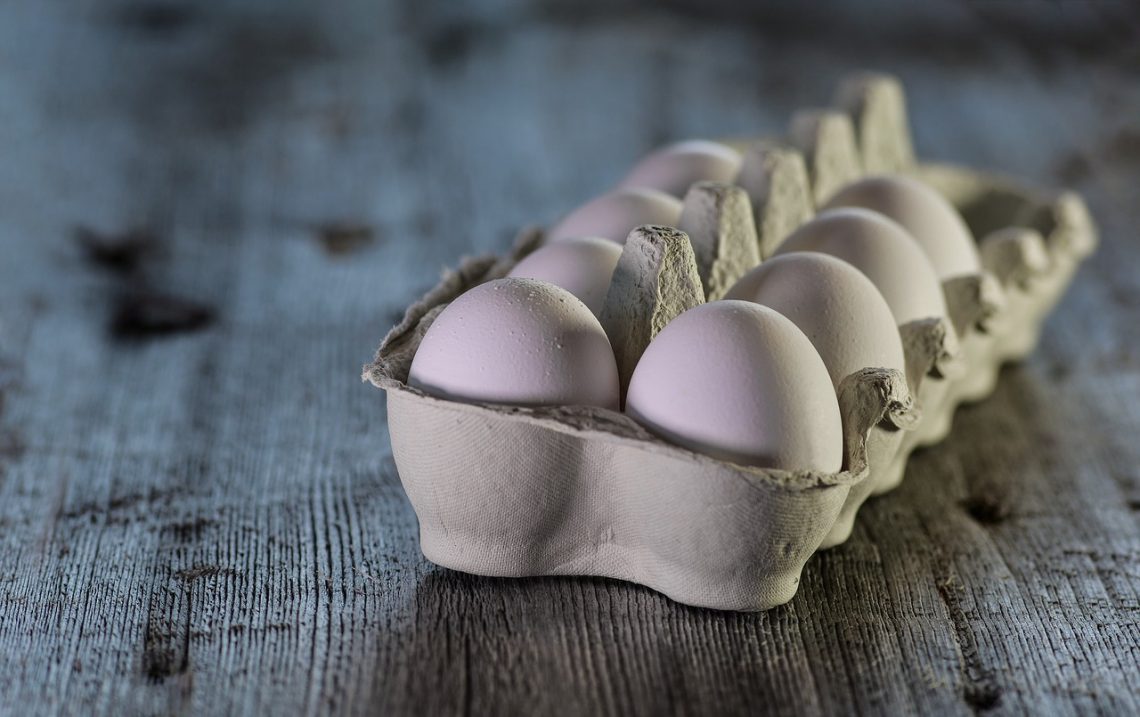

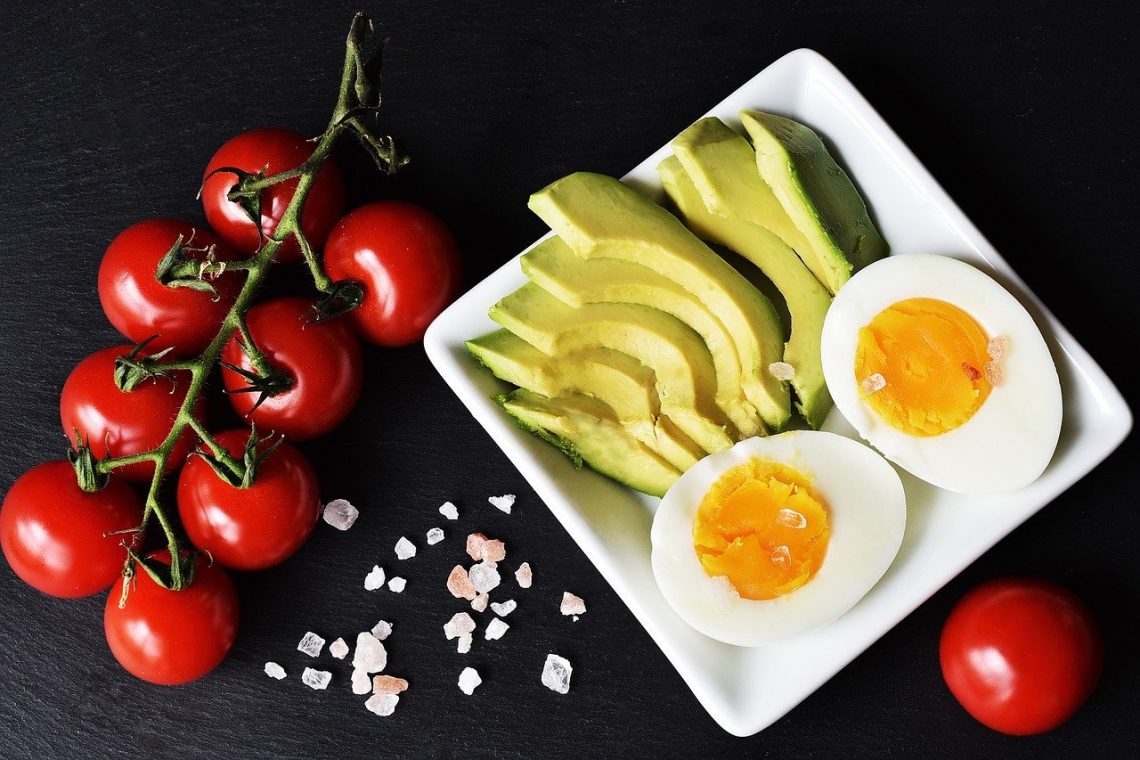


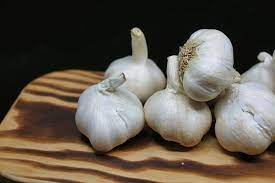
I blog frequently and I seriously thank you for your information. This great article has truly peaked my interest. I am going to book mark your site and keep checking for new details about once a week. I opted in for your Feed as well.